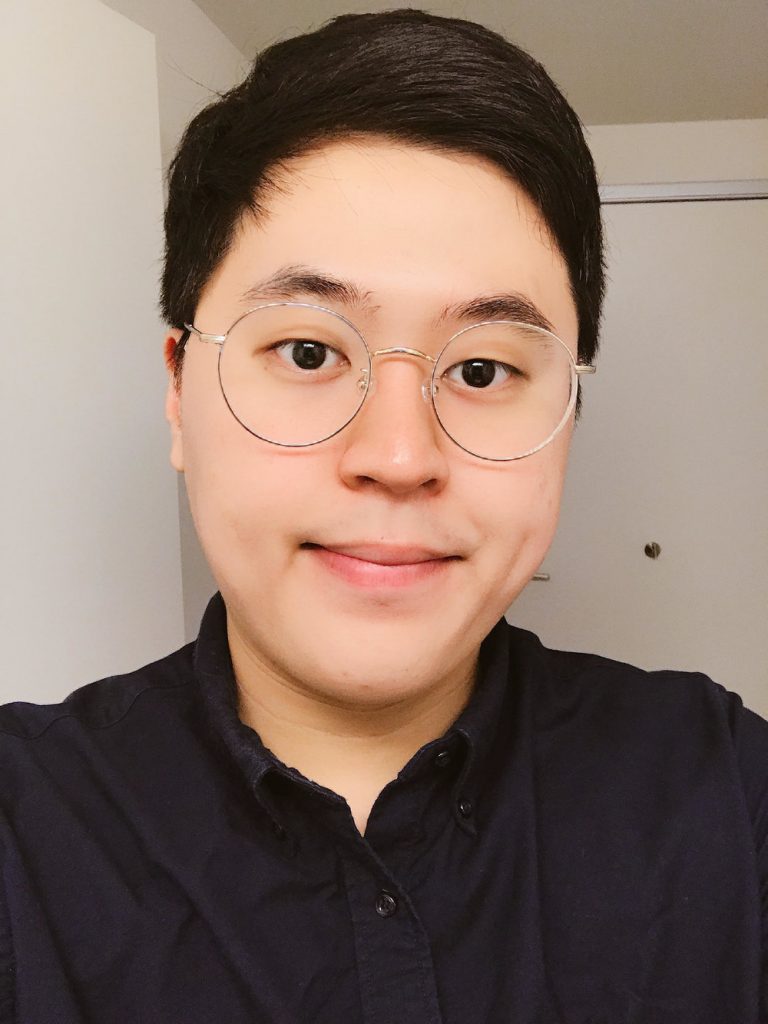
Under the mentorship of Professor Andre Berndt in the department of bioengineering, Justin is developing molecular tools and methods for optical phenotyping of hiPSC-based disease models. Before joining the Berndt lab, his work encompassed mechanobiology and stem cell-derived tissue engineering for disease modeling. Outside of academia, Justin has extensive experience in biomedical entrepreneurship, and he cofounded UW spin-off startup Curi Bio. In 2022, Justin was awarded a prestigious F31 Fellowship from the NIH. Justin received a B.S. in Physiology and M.S. Read More
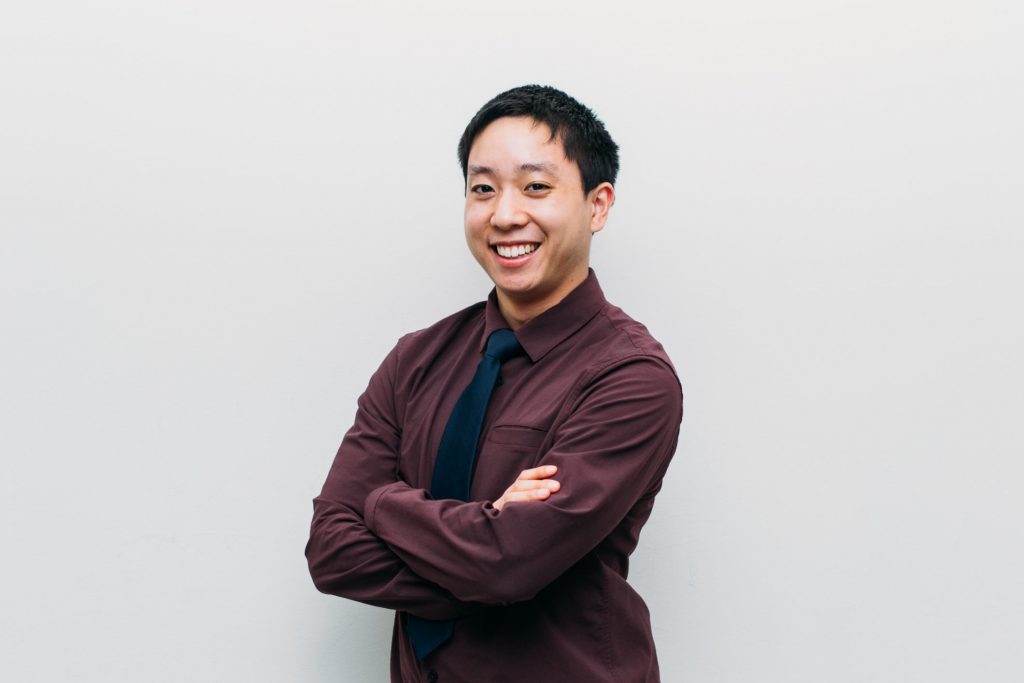
As a graduate student in the lab of bioengineering professor James Bryers, and in collaboration with the Mulligan/Hwang lab in the Department of Surgery, Nathan is investigating the role of monocytes and macrophages in porous scaffolds to understand wound healing and the factors that regulate the outcome of implanted biomaterials. Nathan previously worked in industry at Stemcell Technologies on nanoparticle development and researched at the Michael Smith Laboratories on cellular therapies and aptamer selection. He holds a BASc in Chemical and Biological Engineering from the University of British Columbia in Vancouver, Canada. Read More
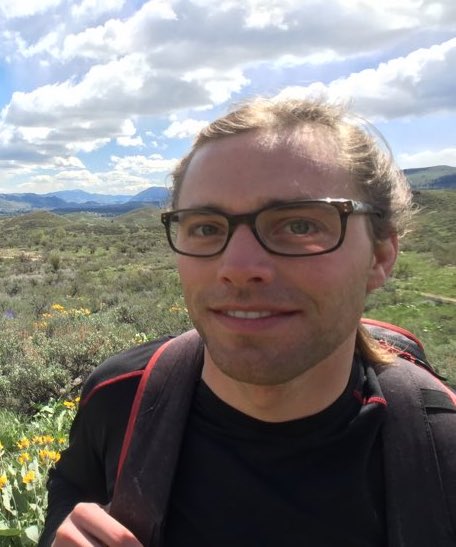
As a graduate student in the lab of chemical engineering professor James Carothers, Ben dissected the rules governing development of CRISPRai gene regulatory networks in cellular and cell free systems to enable scalable transcriptional control in a prokaryotic setting. Ben is now the Lead Applications Engineer at Wayfinder Biosciences, a startup co-founded by fellow molecular engineering alumni. Read More
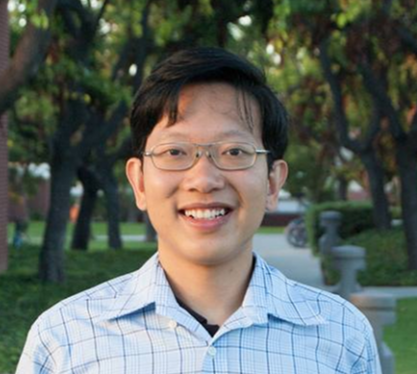
Sam was a graduate student in the lab of bioengineering professor Hao Yuan Kueh where he studied the control processes underlying T-cell development. These fundamental mechanisms could be used in the future to engineer immune cells to fight against various types of cancer. He also built artificial intelligent systems that extract insights from movies of live cell interaction to advance the field of image analysis. Sam is currently pursuing a postdoc in California. Read More
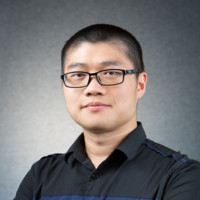
As a graduate student in the lab of bioengineering professor Buddy Ratner, Runbang developed molecularly imprinted polymers and membranes that are able to specifically remove uremic toxins with enough capacities for portable kidney dialysate devices. He holds a B.S. in Materials Science and Engineering from Harbin Institute of Technology (China) and an M.S. in Materials Science and Engineering from Cornell. Read More
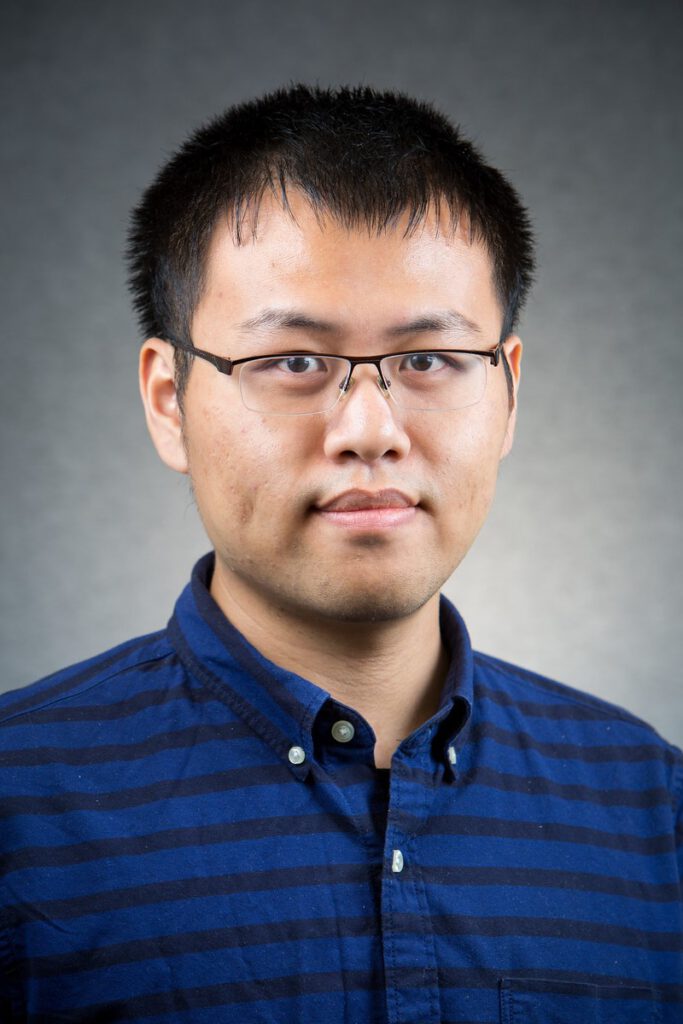
Ruihong “Redd” Wang was co-advised by bioengineering professor Michael Jensen and genome sciences professor John Stamatoyannopoulos. Redd developed a new platform for high-throughput functional genotyping of regulatory elements at the single cell level. He is currently a research scientist at the Altius Institute for Biomedical Sciences. Read More
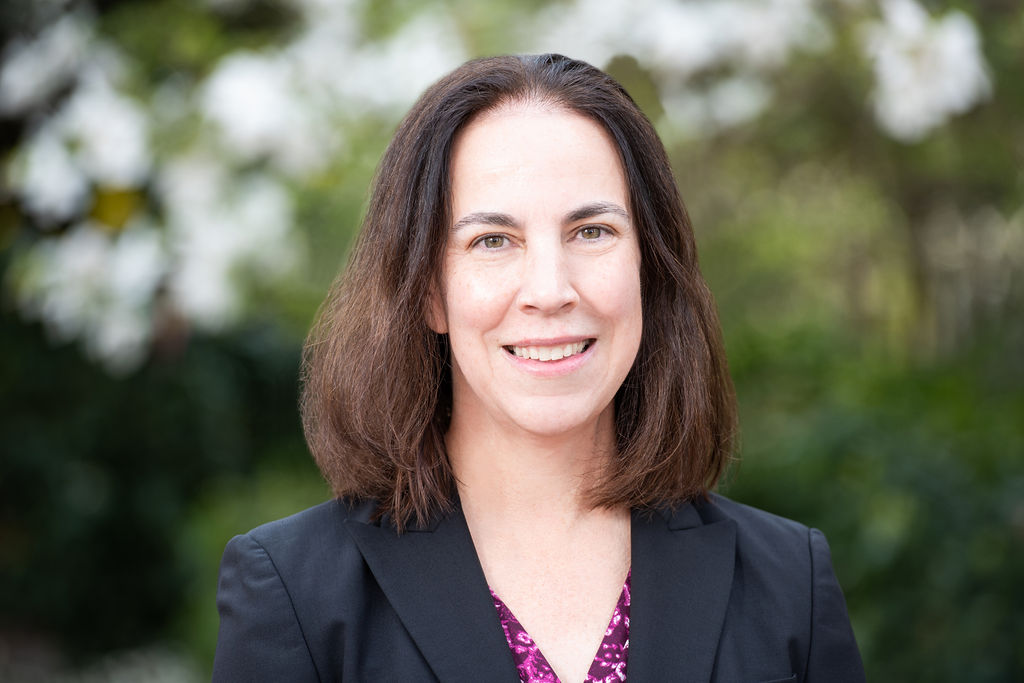
Dr. Gamble's research focuses on surface modification and characterization of model biomedical systems including fundamental research towards the preparation and characterization of DNA and protein microarrays. She is also involved in the development of new techniques that will enable improved analysis of the biomolecule-surface interface and improved chemical imaging of biologically relevant samples. Read More
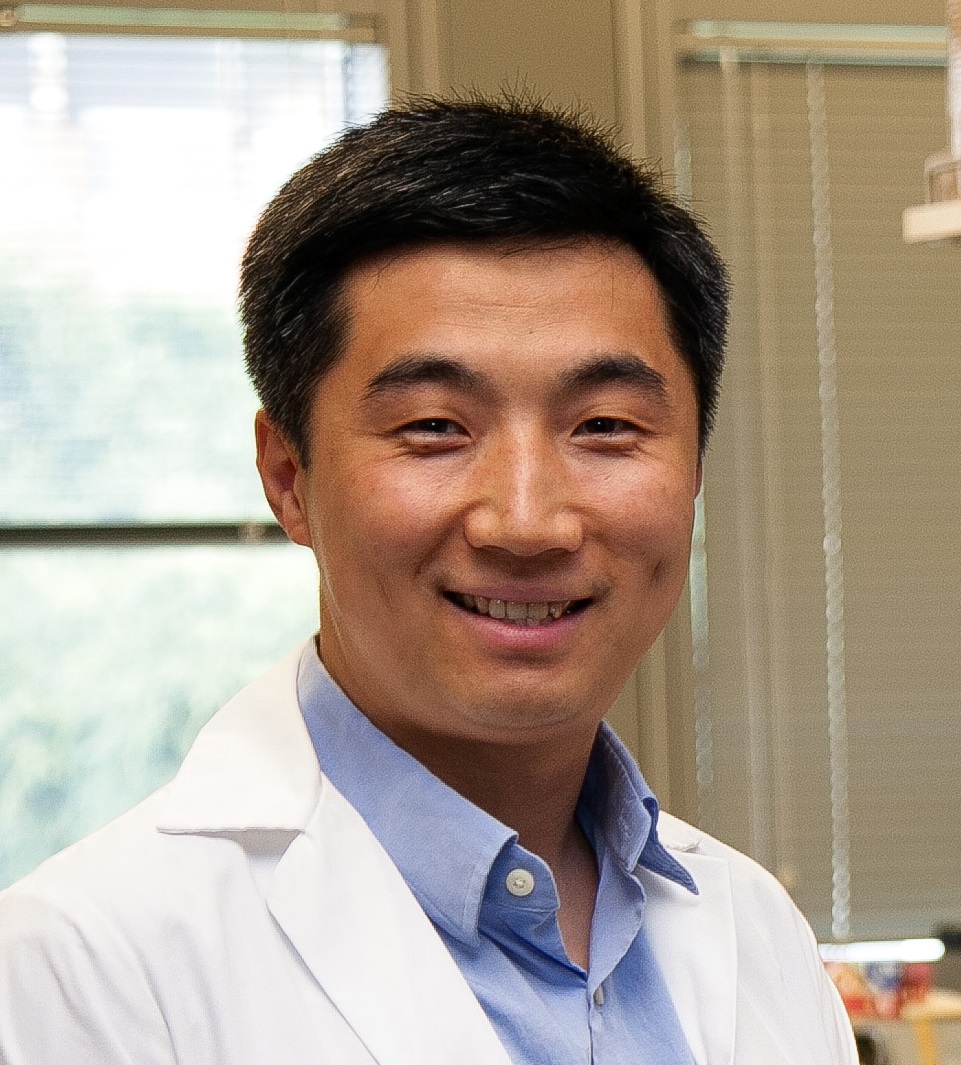
Our group designs and develops functional materials and structures on the nanometer scale. Examples include multicolor quantum dots for fluorescence imaging, magnetic nanoparticles for MRI, metallic nanoparticles for ultrasensitive detection, and polymeric nanoparticles for targeted drug delivery. Most recently, we are developing multimodality imaging probes by combining different materials into discrete nanostructures in order to utilize the strength of each individual component. Read More
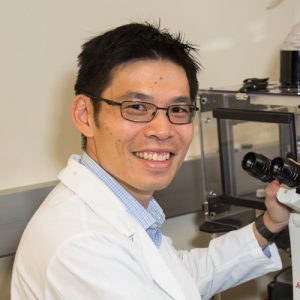
Our lab studies how immune cells make fate decisions, both as they develop from stem cells, and as they respond to antigens. We combine live cell imaging, mathematical modeling and other modern approaches to dissect the molecular circuitry underlying fate control at the single cell level. Our work will lay foundations for engineering immune cells to treat cancer and other life-threatening diseases. Read More
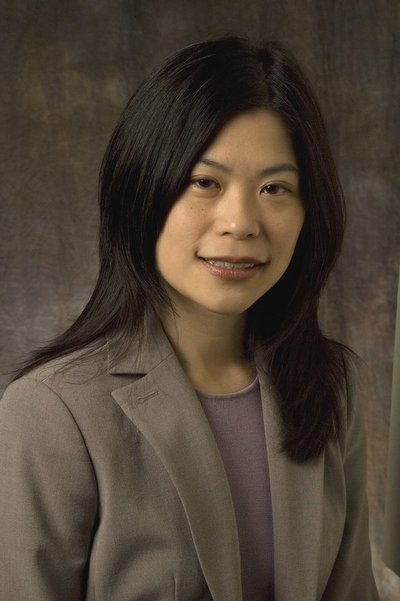
Research in the Pun Group focuses on advancing macromolecule drug delivery technology by developing materials that overcome transport limitations in tissues and within cells. We are integrating techniques from engineering, chemistry, and cell biology to achieve this goal. Read More